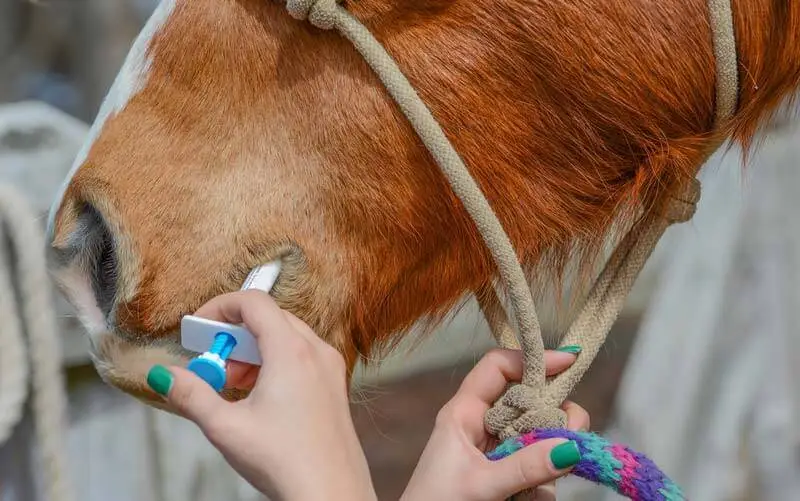5 Tips for Transporting Horses During Summer
With competition season just around the corner this means you and your horse may soon be hitting the road. To prevent dangerous health problems caused by dehydration, consider these five tips for safer transporting during Summer.
- Learn the signs of dehydration
There are three simple tests you can do to check for dehydration in your horse. These are:
- Capillary refill – Press your finger onto your horse’s gum and watch how long it takes to return to pink. A dehydrated horse will have dry gums and a capillary refill time of more than 3 seconds.
- Skin pinch – Using your thumb and forefinger, gently pinch a section of skin on your horse’s neck. A dehydrated horse’s skin will remain pinched for more than 3 seconds.
- Urine check – A more concentrated urine – one that’s darker in colour and more pungent in odour – may indicate dehydration.
- Avoid travelling during the middle of the day
When transporting your horse during the hottest hours, the risk of dehydration significantly increases. Heat within the float, from the road and from your car’s exhaust can all contribute. Where possible, plan your travel for the early morning or late afternoon when it’s cooler.
- Keep vents open for ventilation
Creating airflow will help to reduce your horse’s body core temperature. Keep all vents open and unobstructed, but be mindful of exhaust fumes from your car. You may also decide to keep your horse unrugged to assist in preventing over-heating.
- Offer plenty of drinking water
Did you know horses can lose up to 10 litres of sweat per hour during Summer? Water and hay should be kept low and within easy reach whenever your horse is in transit. Aim to stop every two hours to offer your horse a drink and give them time to graze as grass also contains water.
- Maintain your vehicle and float
Finally, breakdowns and blowouts increase your time spent on the road. A well-maintained vehicle and float, with tires regularly checked, will perform better. If you do need to stop while on the road, try to find some shade for your horse and remove them from the float if the weather is warm.




